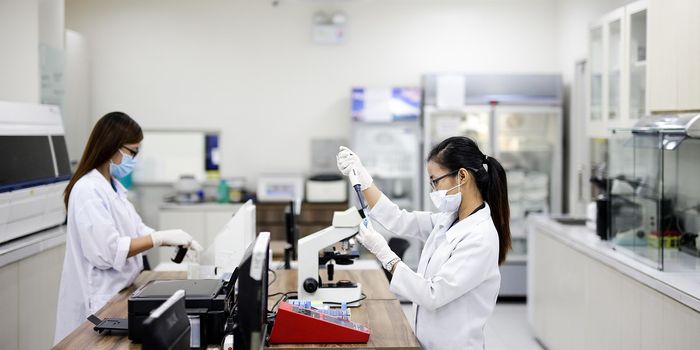Young People with Early Psychosis 'Ambivalent' on Quitting Substance Use
While young people diagnosed with early psychosis understand the importance of discontinuing substances like cannabis, many are ambivalent when it comes to stopping. The corresponding study was published in Early Intervention in Psychiatry.
Early psychosis symptoms in adults aged 18 to 25 years old include experiencing a ‘complete break with reality’ that may or may not develop into a long-term psychiatric disorder. Substance use disorder commonly occurs alongside early psychosis. Up to 70% of those with early psychosis also meet the criteria for substance use disorder.
Studies suggest that individuals who continue using cannabis after psychosis onset experience negative outcomes, including higher rates of relapse and longer hospital admissions compared to individuals who discontinue or do not use cannabis after symptom onset. Meanwhile, discontinuing cannabis use among young people with early psychosis is linked to a lower risk of poor outcomes that is comparable to those who have never used cannabis.
Until now, no specialized interventions have been developed for addressing substance use among young people participating in coordinated early psychosis services. This includes cannabis, which is more often consumed than alcohol by teenagers today.
For the current study, researchers recruited 22 adults aged between 18 and 30 years old with early psychosis. The vast majority reported actively using cannabis, two thirds alcohol and around a third reported tobacco use. Among them, 18 completed a 60-90 minute semi-structured interview over Zoom concerning their substance use. While many of the participants understood the importance of discontinuing substance use, many expressed ambivalence regarding social, contextual, mental, and physical factors that motivated them to continue usage.
"Most people with psychosis don't worry about substance use until it detrimentally affects them, and even then, they are very reluctant to talk about it," said lead author of the study, Prof. Neely Myers Ph.D., a medical and psychological anthropologist at Southern Methodist University, in a press release.
"Adolescents can look at substance use as a way to be social and manage their own health—for example, to reduce anxiety or physical pain-- but using substances like cannabis can worsen their condition. More research is needed to understand why so that early intervention programs can better support young people’s mental health,” she continued.
The participants did, however, provide feedback to improve support for those with early psychosis. This included practical substance use information, opportunities to explore substance use ambivalence in supportive relationships, positive peer communities supporting healthy choices, and alternative strategies for addressing psychological and physical pain.
Sources: EurekAlert, Early Intervention in Psychiatry









